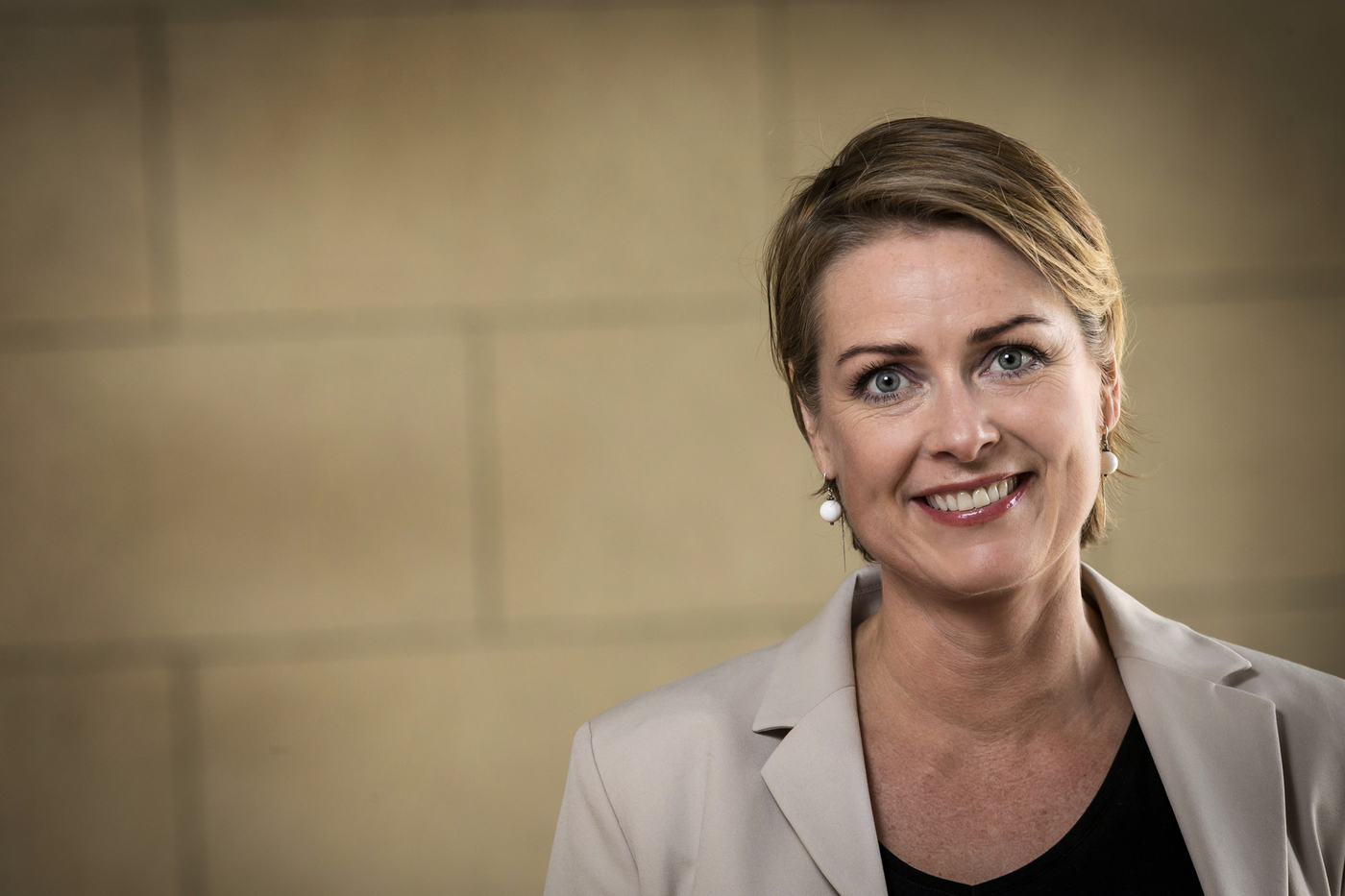Life expectancy in Iceland has been gradually rising in recent decades as society progresses in other areas. Data from Statistics Iceland show that on average, both men and women in Iceland can expect to live to over 80 years old, which is among the highest life expectancies in Europe. Furthermore, a child born today is more likely to see their 100th birthday than not. The ageing population has prompted scientists to start looking at various issues to do with rising numbers of elderly people in our society, including the impact on the social system and the healthcare system and ways to ensure that as many people as possible are able to grow old with dignity.
"Growing old with dignity means having a good standard of life until the end, ideally living independently," says Ólöf Guðný Geirsdóttir, senior lecturer in nutrition. Along with her colleagues, she is now working to identify lifestyle factors that could contribute to healthy ageing. "The main thing here is to maintain a good standard of life, not necessarily to stay alive as long as possible. It is so important to stay healthy – physically, cognitively and socially – because health is believed to be essential to quality of life."
Ólöf has devoted her research career to geriatric health and how to prevent physical and cognitive decline in this demographic through lifestyle factors such as diet, nutrition and exercise. She points out that little research has been carried out into whether healthy ageing can be partly attributed to growth and development as well as health and lifestyle in early life. This is what the research team want to address. "By looking at the long-term predictive power of the health variables, e.g. physical and mental function, which can be influenced through lifestyle changes, it may be possible to have an effect on factors that are important for healthy ageing," adds Ólöf.
Database built on decades of health research in Iceland
Ólöf explains that the plan is to create a database containing Icelandic birth records and data from the Reykjavík Study by the Icelandic Heart Association. The Reykjavík Study began over 50 years ago with the goal of investigating risk factors for cardiovascular diseases in a large cohort of Icelanders. Ólöf's research will also use data from the Icelandic Heart Association's studies of healthy ageing, AGES 1 and AGES 2, which follow up on the Reykjavík Study cohort. "Finally, we will add information about the same people's RAI assessments to the database," says Ólöf; RAI is an international tool used to comprehensively assess the needs and health of nursing home residents.
The study will therefore look at lifestyle factors in a very large cohort of Icelanders, almost from cradle to grave. "The project will give us information about the things that we can influence and that may predict healthy ageing. In particular, we will be looking at lifestyle factors such as body composition, exercise and diet and what impact these variables have on cognitive ability, physical ability, and disease and in terms of preventing the need for residential care," explains Ólöf, adding that preliminary findings should be available this spring.
Vilborg Kolbrún Vilmundardóttir, a clinical nutritionist and Ólöf's PhD student, is working on the project as part of her PhD alongside an interdisciplinary team of scientists. This team includes Alfons Ramel and Þórhallur Ingi Halldórsson, professors of nutrition; Vilmundur Guðnason, chief physician at the Icelandic Heart Association and professor at the Faculty of Medicine; Pálmi V. Jónsson, senior consultant of geriatric medicine at Landspítali University Hospital and professor at the Faculty of Medicine; and Milan Chang Guðjónsson, researcher at the University of Iceland and Landspítali University Hospital Research Institute for Gerontology.
Benefits to individuals and wider society
Most people would probably agree that a big part of living a good life is maintaining the best possible physical and mental health for as long as possible, ideally living at home surrounded by family and friends. This is not just good for the individual, but is also much less expensive for society. Ólöf explains that the cost of residential care is rising here in Iceland and is now estimated to exceed ISK 20 billion per year. There is a lot to be gained, therefore, by identifying risk factors related to health, not least the factors that can be influenced in order to support healthy ageing from cradle to grave.
"If we can demonstrate which lifestyle factors have a positive impact on healthy ageing and which have a negative impact, we can issue advice that could prevent premature cognitive or physical decline and perhaps even contribute to official prevention policy. This would not just enhance quality of life for individuals, but stop the costs of health and geriatric services rising alongside a growing elderly population, or perhaps even reduce costs," says Ólöf.




